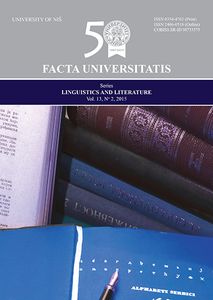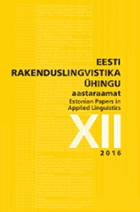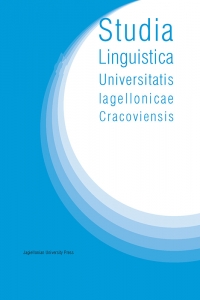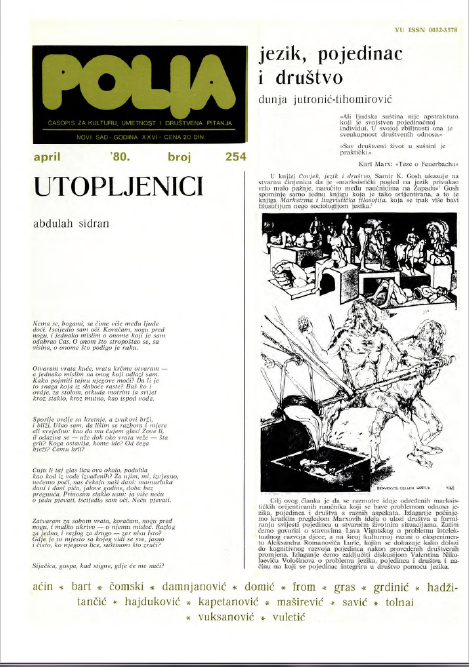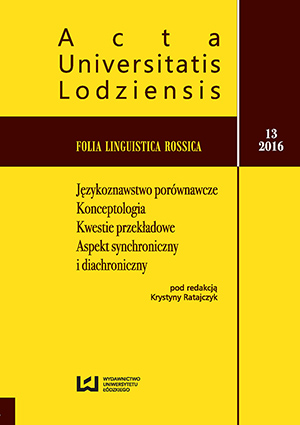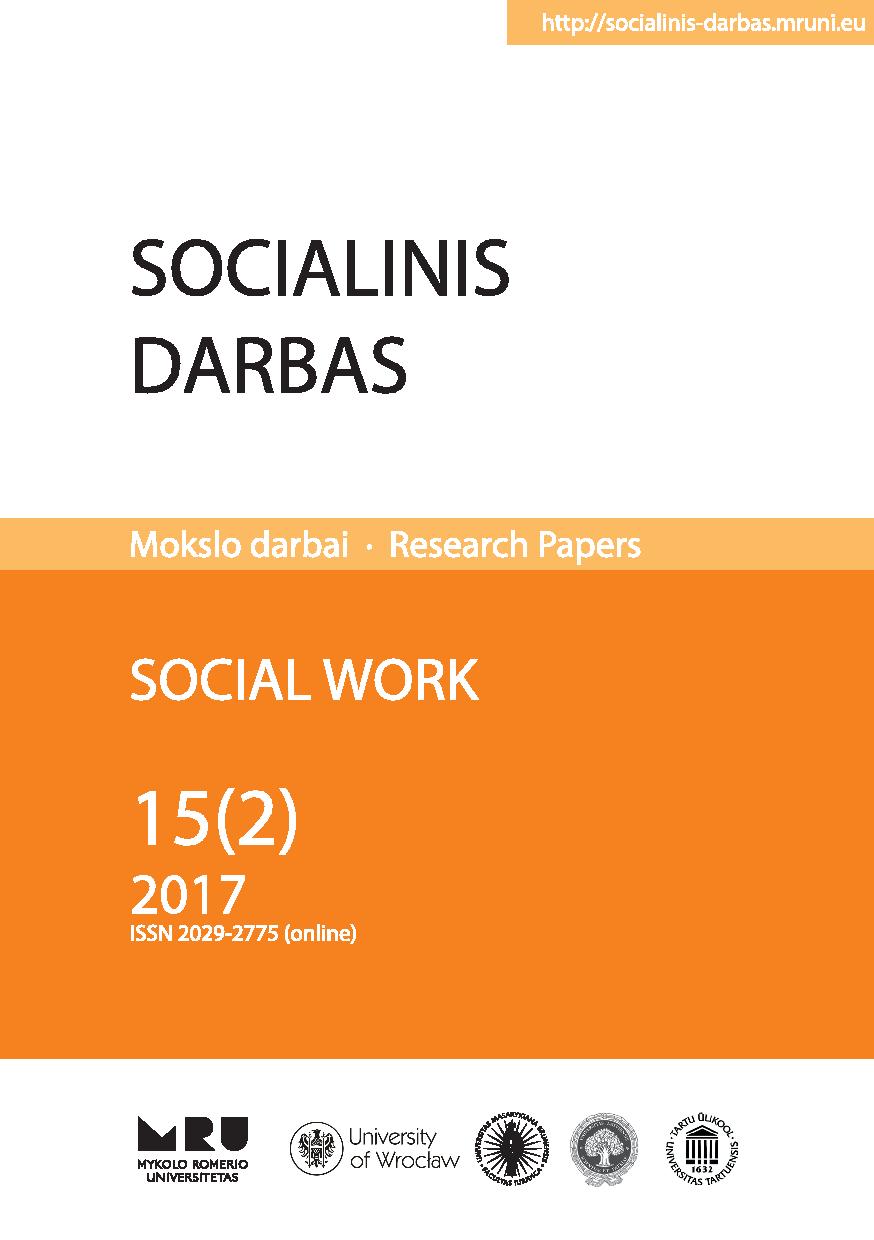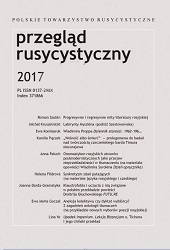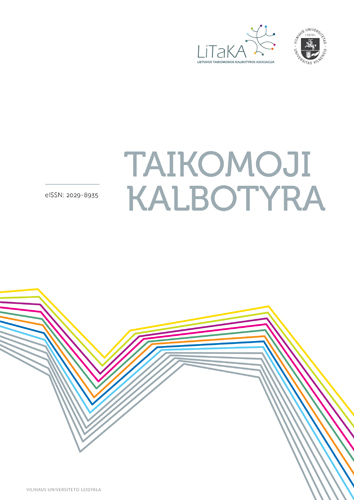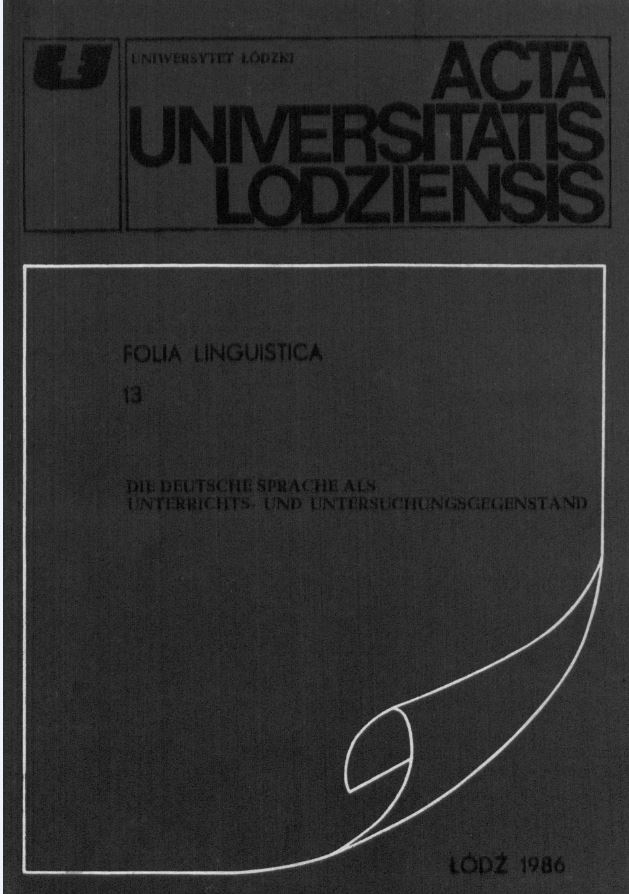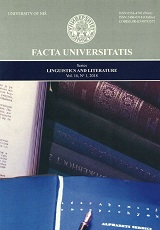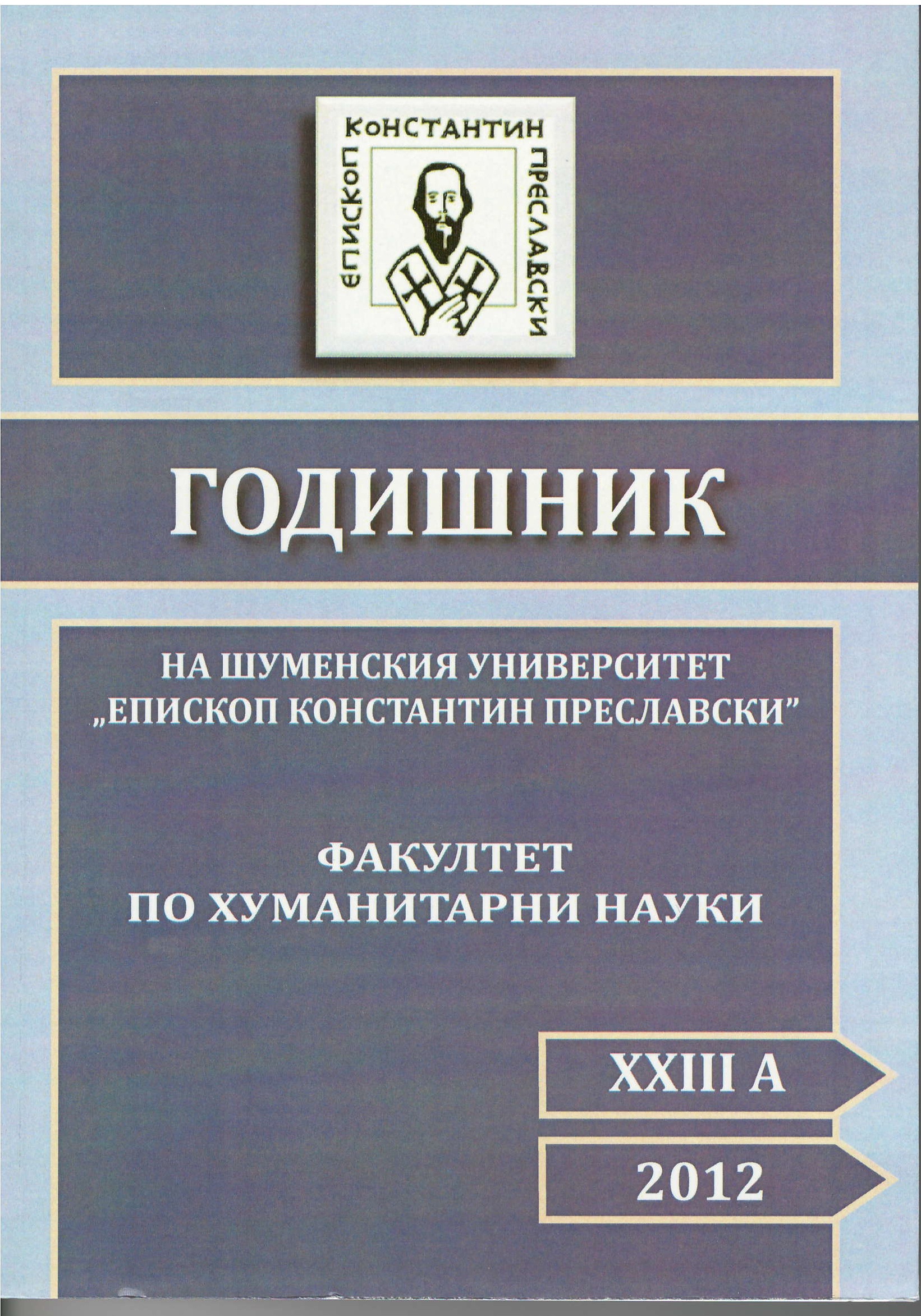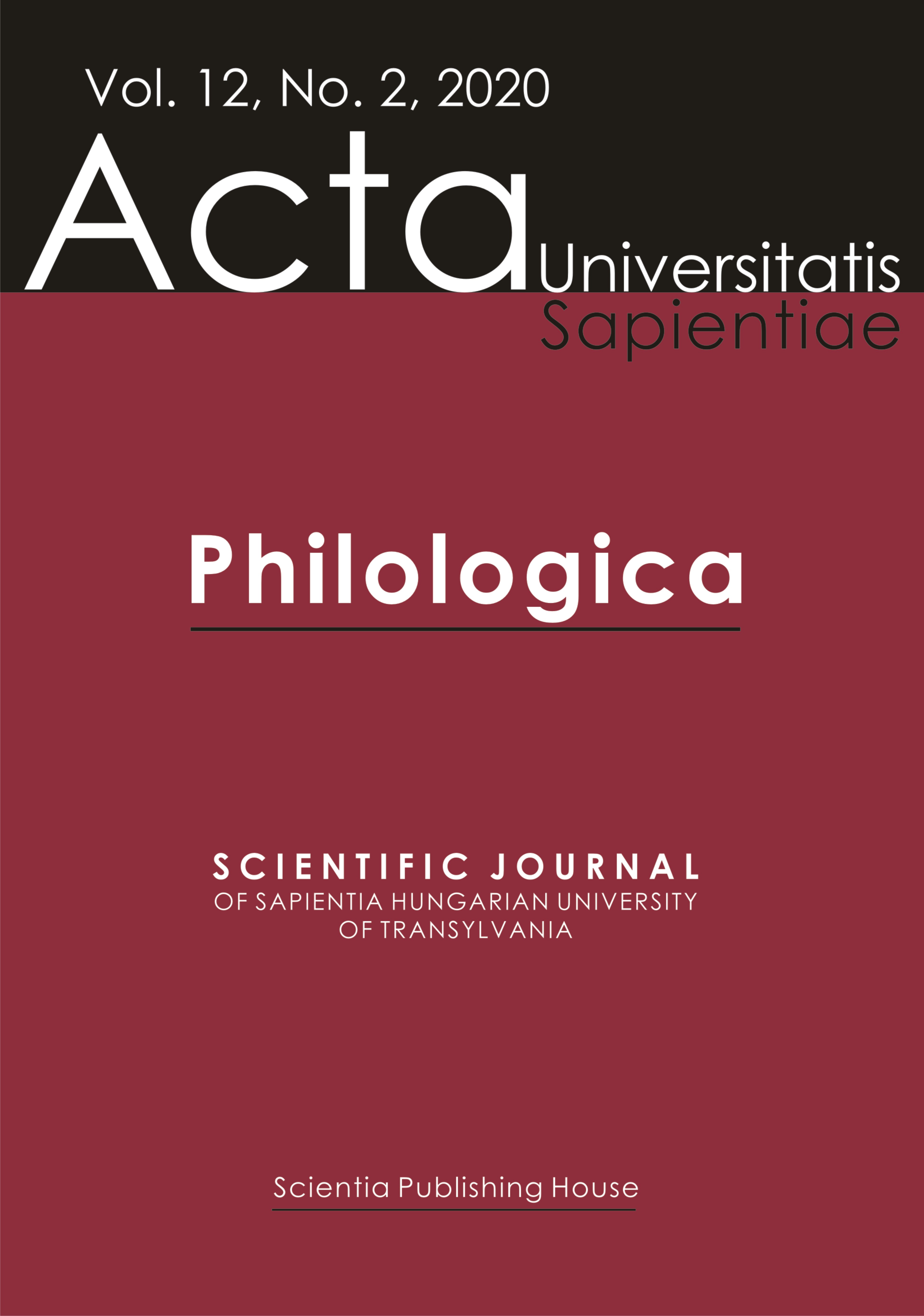
Einfluss verbaler und nonverbaler Reize ausgewählter deutschsprachiger Fernsehwerbespots auf das Hervorrufen positiver und negativer Emotionen
Der Beitrag befasst sich mit der Ermittlung des emotionalen Einflusses verbaler und nonverbaler Elemente ausgewählter deutschsprachiger Fernsehwerbespots. Dazu wurden zehn deutschsprachige Fernsehwerbespots 36 deutschen Probanden vorgeführt. Die Daten wurden mittels vorgelegter Fragebögen, die während der Ausstrahlung jedes Fernsehwerbespots von den Probanden ausgefüllt wurden, erhoben. Unter Einsatz statistischer Verfahren wurden Unterschiede in den durchschnittlichen Werten nonverbaler und verbaler Bestandteile ausgewählter deutschsprachiger Fernsehwerbespots, die als emotionale Auslöser fungiert haben, untersucht. Einerseits bestätigten die Ergebnisse die Dominanz nonverbaler Reize beim Hervorrufen von Emotionen, andererseits zeigen sie beim Auslösen negativer Emotionen keinen statistisch signifikanten Unterschied zwischen dem Paar verbale Reize vs. nonverbale Reize.
More...
